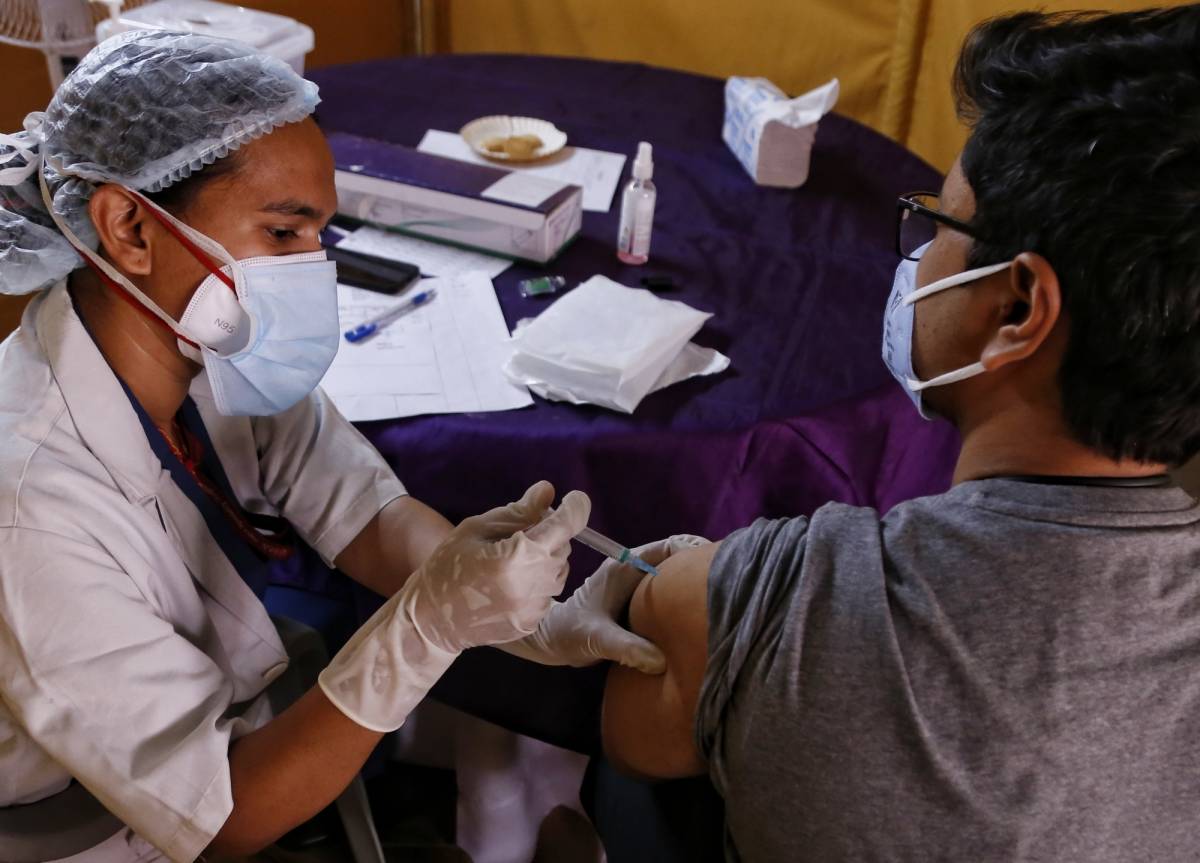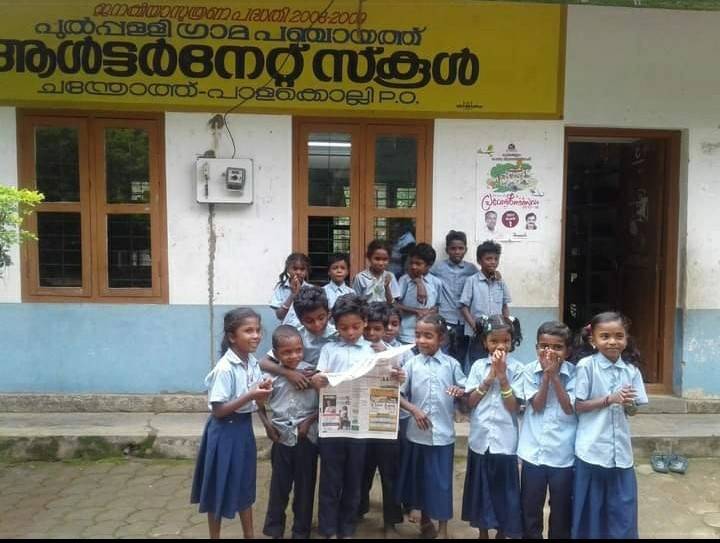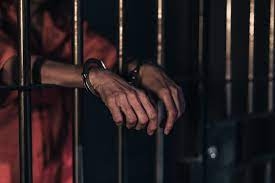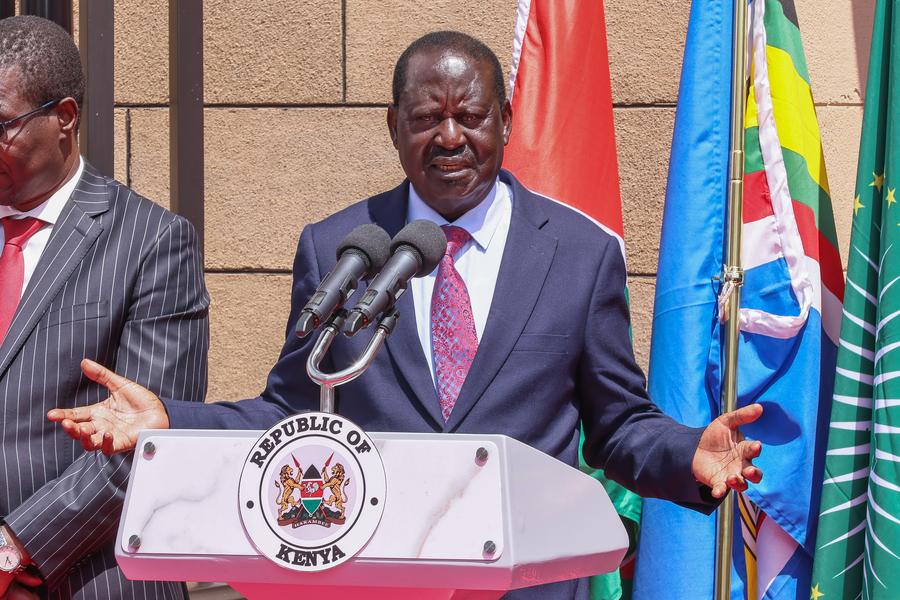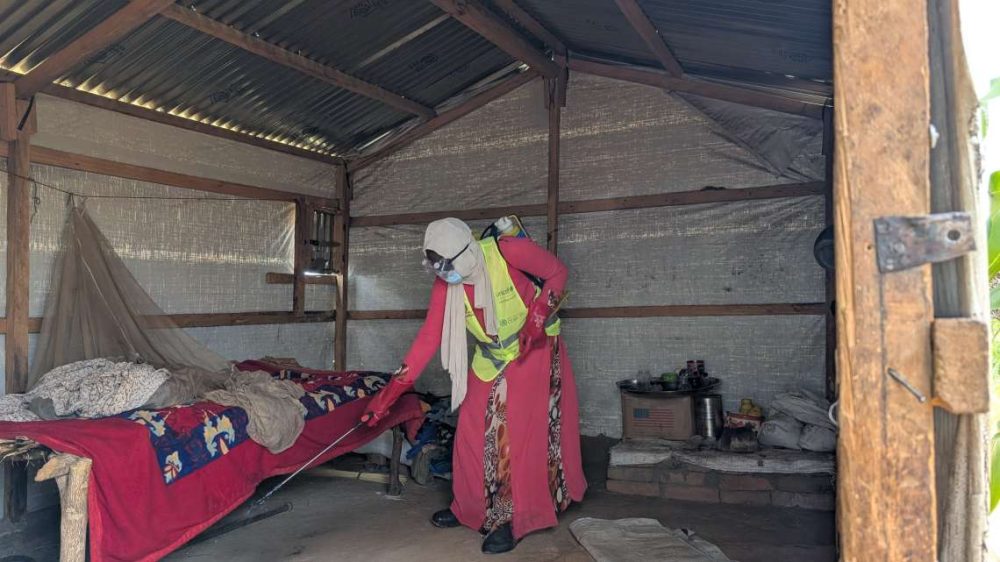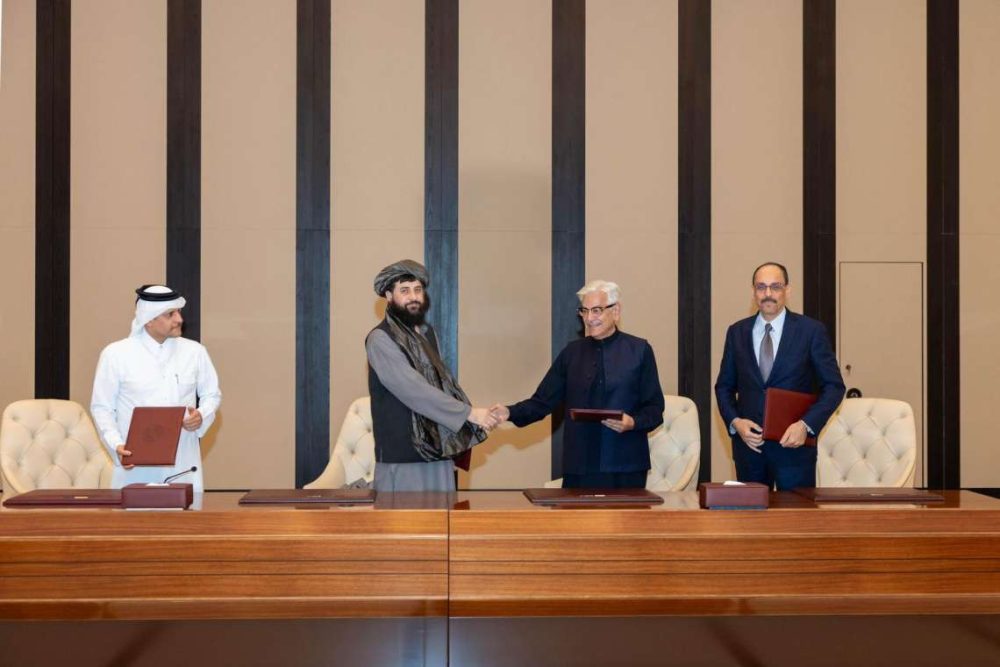As New Delhi now shifts its focus on embarking on an aggressive vaccination to contain a possible third Covid 19 wave, economy watchers said that India is set to become the favourite alternative investment destination to China, reports Mahua Venkatesh
The 21st century is India’s century, Deloitte’s global CEO Punit Renjen said in April just before the severe second Covid 19 wave that hit the country.
Did his opinion change after the harsh second wave? Apparently not.
In a recent interview to CNBC, Renjen said that tackling Covid is the only way to get back to growth path.
“On the longer term, I believe that this could be India’s century, India has all the ingredients�talent to demographics to consumer base,” Renjen said adding that despite the severe Covid 19 second wave, India was still capable of posting a double-digit growth for the current financial year.
As New Delhi now shifts its focus on embarking on an aggressive vaccination drive � the aim is to vaccinate one crore people daily by July-August and carving out a stringent mechanism to contain a possible third Covid 19 wave, economy watchers said that India is set to become the favourite alternative investment destination to China.

“We need to have a single-minded focus on the vaccination drive across the country. Only when people are vaccinated, can we be fully prepared to deal with the infection and a possible third wave,” D.K. Srivastava, chief policy adviser, EY India said.
Another analyst said that it is important to vaccinate people in the rural areas on priority basis as their access to healthcare is limited.
A report by EY India also said that while there has been some damage to economic growth in the first quarter due to the second wave, the overall impact could be contained by the pace of vaccination.
“Global investors are betting that the worst of India’s catastrophic second coronavirus wave has passed, helping to push the country’s stocks to record highs,” the Financial Times said. It also added that though India’s second wave overwhelmed health systems and caused acute shortages of oxygen and drugs and hit the economy, infections are now falling in much of the country, including in the capital New Delhi and financial hub Mumbai.
Healthcare interlinked with economy
With the rapidly changing geo-economic contours, several companies have quietly started de-risking and de-coupling their supply sources but to ensure that India does not lose out on this opportunity, the thrust on vaccination, overall healthcare and its deliverables will only increase in the coming months.
“By mid-July or August, we will have enough doses to vaccinate 1 crore people per day. We are confident of vaccinating the whole population by December,” ICMR chief Balram Bhargava said at a press briefing.
Sources added that the country is also leaving no stones unturned this time in preparation to combat another Coronavirus wave to ensure that the economy is no more dented.
“We are now focusing on vaccinations and overall healthcare facilities. From ease of doing business, it is now ease of healthcare accessibility,” one of them said. While vaccination is one of the main ways that could blunt the severity of the third wave, states and district level authorities have also been asked to start taking the necessary steps to be prepared with Covid related medical care, which includes oxygen cylinders and critical antibiotics.
Investors are closely watching India’s moves and the measures being taken to deal with the infection.
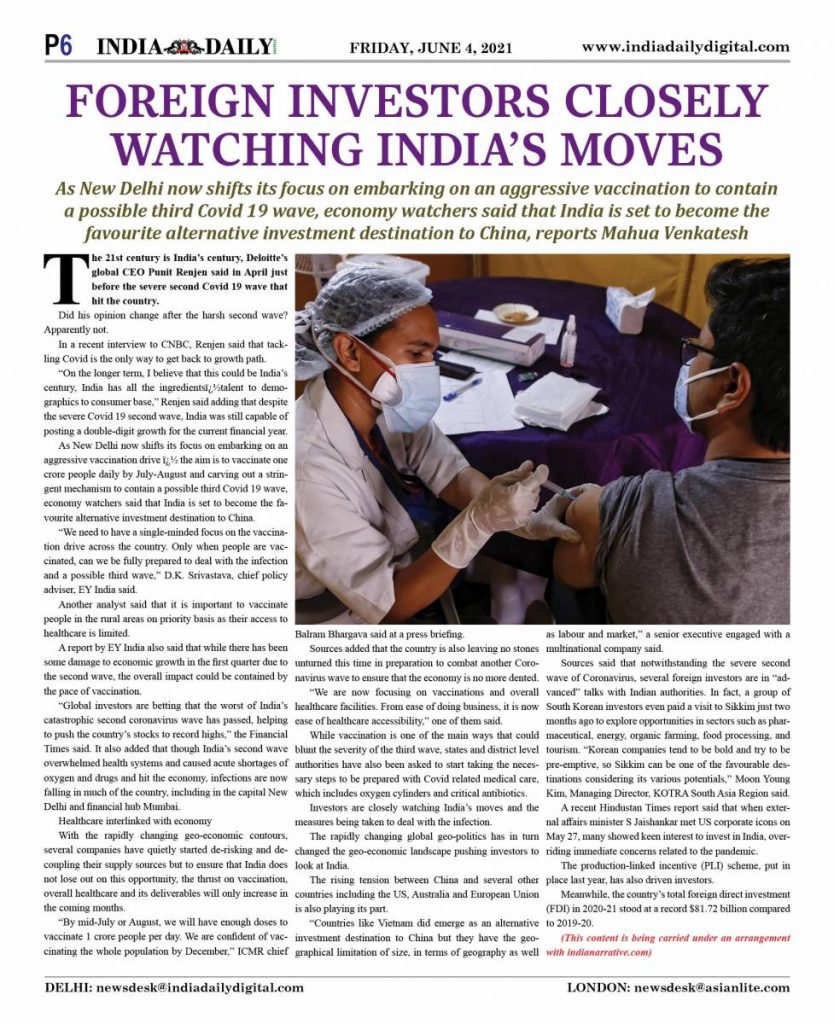
The rapidly changing global geo-politics has in turn changed the geo-economic landscape pushing investors to look at India.
The rising tension between China and several other countries including the US, Australia and European Union is also playing its part. “Countries like Vietnam did emerge as an alternative investment destination to China but they have the geographical limitation of size�in terms of geography as well as labour and market,” a senior executive engaged with a multinational company said.
Sources said that notwithstanding the severe second wave of Coronavirus, several foreign investors are in “advanced” talks with Indian authorities. In fact, a group of South Korean investors even paid a visit to Sikkim just two months ago to explore opportunities in sectors such as pharmaceutical, energy, organic farming, food processing, and tourism. “Korean companies tend to be bold and try to be pre-emptive, so Sikkim can be one of the favourable destinations considering its various potentials,” Moon Young Kim, Managing Director, KOTRA South Asia Region said.
A recent Hindustan Times report said that when external affairs minister S Jaishankar met US corporate icons on May 27, many showed keen interest to invest in India, overriding immediate concerns related to the pandemic.
The production-linked incentive (PLI) scheme, put in place last year, has also driven investors.
Meanwhile, the country’s total foreign direct investment (FDI) in 2020-21 stood at a record $81.72 billion compared to 2019-20.
(This content is being carried under an arrangement with indianarrative.com)
ALSO READ: WazirX announces the launch of India’s first NFT marketplace


